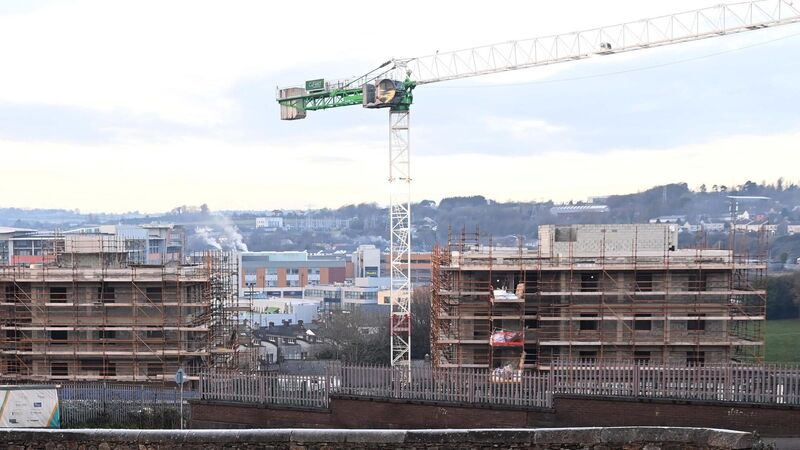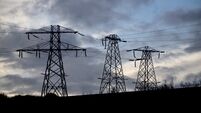Housing crisis and energy costs making Ireland less competitive in securing inward investment

The housing crisis, energy costs and security of supply is making Ireland less competitive in securing new investment into the country. Picture: Denis Minihane
The housing crisis, energy costs and security of supply is making Ireland less competitive in securing new investment into the country, a briefing document given to Enterprise Minister Simon Coveney has stated.
Mr Coveney received the 107-page ministerial brief which was presented to him when he moved to the Department of Enterprise, Trade and Employment in December following a Cabinet reshuffle.














